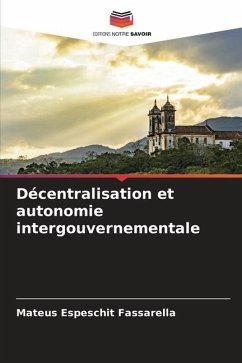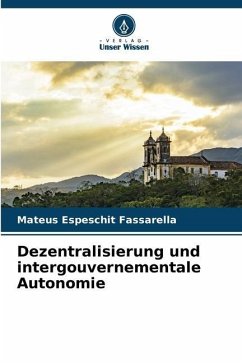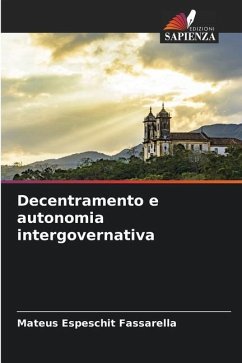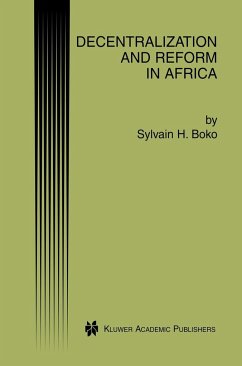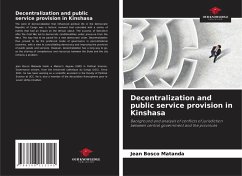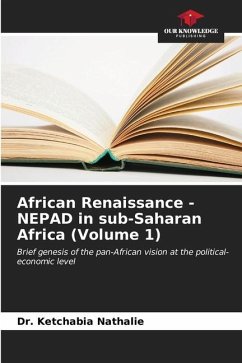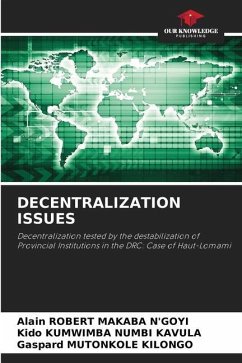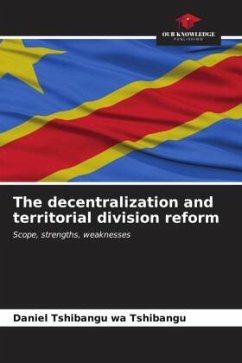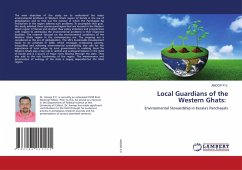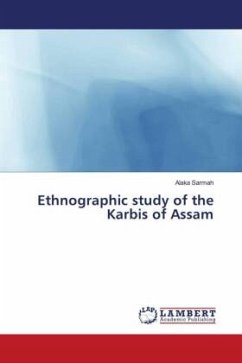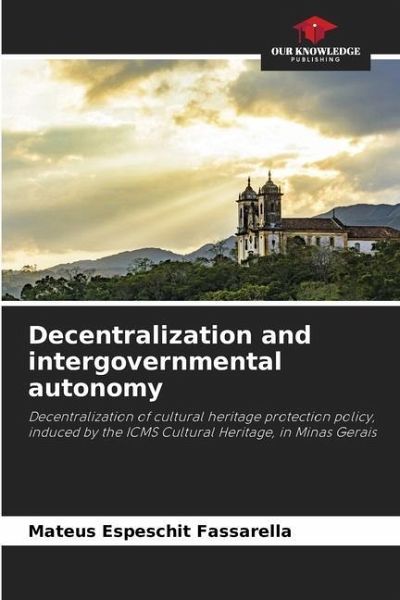
Decentralization and intergovernmental autonomy
Decentralization of cultural heritage protection policy, induced by the ICMS Cultural Heritage, in Minas Gerais
Versandkostenfrei!
Versandfertig in 6-10 Tagen
40,99 €
inkl. MwSt.

PAYBACK Punkte
20 °P sammeln!
Do decentralization processes between levels of government always result in greater autonomy for the sub-national levels that receive them? In order to contribute to the discussion raised by this question, this research sought to carry out a study of the decentralization of cultural heritage protection policy in the state of Minas Gerais. The starting point for this process was the creation, in 1995, of criteria for distributing the portions of the Tax on the Circulation of Goods and Services (ICMS) and the Tax on Industrialized Products (IPI) that belong to the municipalities, known as the Cu...
Do decentralization processes between levels of government always result in greater autonomy for the sub-national levels that receive them? In order to contribute to the discussion raised by this question, this research sought to carry out a study of the decentralization of cultural heritage protection policy in the state of Minas Gerais. The starting point for this process was the creation, in 1995, of criteria for distributing the portions of the Tax on the Circulation of Goods and Services (ICMS) and the Tax on Industrialized Products (IPI) that belong to the municipalities, known as the Cultural Heritage ICMS. Theoretical references on the subject were mobilized, especially Tulia Falleti's Sequential Theory of Decentralization and Marta Arretche's distinction between policy making and policy decision making. The conclusion is that the recent cycle of decentralization implemented in Brazil has made an important contribution to giving greater autonomy and power to the lower levels of government. The specific contribution of the ICMS Cultural Heritage is the redistribution of resources to smaller municipalities and the administrative decentralization of this policy.



